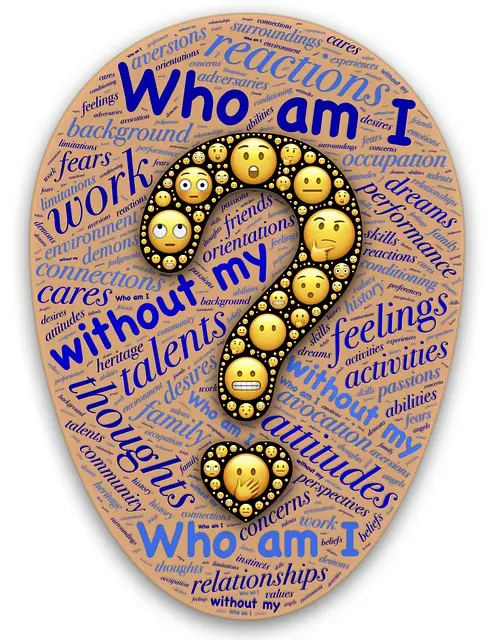Often in life, we may feel that we talk but others do not really listen, or that we are not worth listening to and then we may keep our thoughts and feelings to ourselves. If we have come from a dysfunctional family, we may feel that no one has ever really listened to us. Talking to a counsellor can show us that there are people who care and who do want to listen and are genuinely interested in what we have to say.
A counsellor needs to be warm, genuine, non-judgmental and empathic. This helps us to feel safe enough to speak about the issues which are affecting us and there is no pressure to discuss anything we may not feel ready to talk about.
Many of us stop being our true self in early life, usually because we are not being accepted for ourselves, and so we become an adapted version which pleases other people and we often put our own needs last. This leads to unhappiness as we are what others want us to be rather than what we ourselves would like to be. Our true self is often buried and we may or may not be aware of our real wants and needs. Talking about issues which have been stuck inside us for a long time can be cathartic.
Counselling can help us to find ourselves, to feel lighter emotionally and to make changes in our lives for the better.
Counselling works by:
1. Knowledge –increasing knowledge of yourself leads to:
2. Understanding – developing an understanding of yourself leads to things starting to make sense which leads to:
3. Acceptance of yourself – this means you will stop judging yourself so harshly and your self-worth will increase which leads to:
4. Self-compassion – you will develop compassion towards yourself and this leads to:
5. Self-awareness – the fear of looking within yourself will disappear and with self-awareness comes the ability to recognise patterns in your behaviour which leads to:
6. Change – you will have the knowledge and ability to change your life. We can only change what we recognise.



